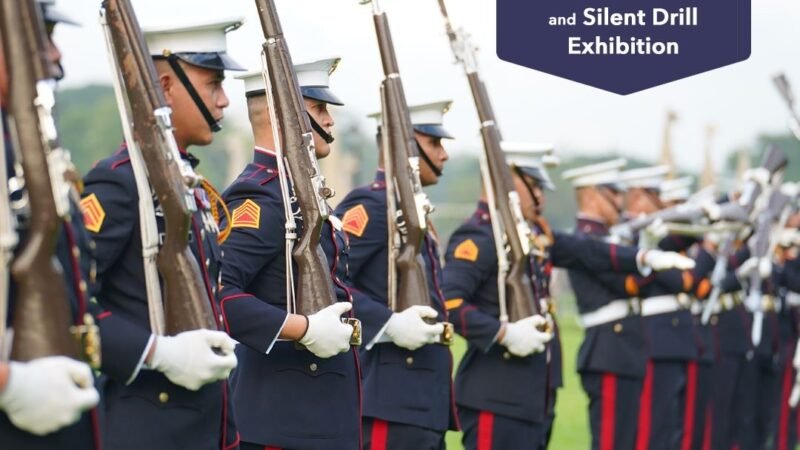Well-educated ‘Jihadi John’ not surprising
PARIS (AP) – The profile of “Jihadi John,” the university-educated Londoner whose masked face is emblematic of the grisly executions by the Islamic State group, is vastly different from that of the marginalized men who carried out terror attacks in France and Denmark. That comes as no surprise to those who work with tracking such threats, who say there is no typical terrorist.
Investigators’ jobs have become tougher than ever because of the range of terrorist profiles, and the growing number of potential suspects.
Experts cite three to four types of profiles, with some variations. But they agree that the profile of Mohammed Emwazi, a Kuwait-born man in his mid-20s, raised and educated in Britain, is nothing new. High-profile predecessors include the terrorists from Saudi Arabia who carried out the Sept. 11, 2001, terror attacks in New York and blended easily into the American scene, neither poor nor uneducated.
Emwazi, a computer science graduate with a distinct British accent, has been identified as the man seen in IS videos, knife in hand with a kneeling hostage at his side about to be beheaded.
In contrast, Cherif and Said Kouachi, who massacred cartoonists and others in January in the newsroom of the satirical French weekly Charlie Hebdo, were born in France to Algerian parents and grew up in a working class Paris neighborhood. Amedy Coulibaly, who killed four hostages in a Kosher grocery store, also had working class immigrant roots. The three men befriended each other via prison before the two attacks that left 20 dead, themselves included.
“It is not new, but today it is more obvious than before that we are confronted with a multiplicity of profiles,” said former anti-terrorism judge Jean-Louis Bruguiere who once tracked hundreds of terrorists and their sometimes global networks. “We always have a tendency to seek a single profile that does not exist.”
With multiple profiles and often “weak signals” that must be detected in advance, not everyone ends up on, or stays on, the radar.
“It is evident that it is very complicated for intelligence services,” he said. “Afterward, we say, `Why didn’t we see him?”’
Emwazi had been known to the British intelligence services since at least 2009, initially in connection with investigations into terrorism in Somalia.
Bruguiere, who retired in 2007, said he arrested hundreds of people during his years investigating terrorists, many who hopped about the globe, and interrogated about 400 of them. He said perhaps 50 of them _ at large today _ are “more dangerous than the Kouachis.”
“They are on the radar, but you can’t follow them all over the planet,” he said.
Alain Bauer, a leading criminologist who has advised French presidents, says the problem is not about gathering information but about analyzing it.



